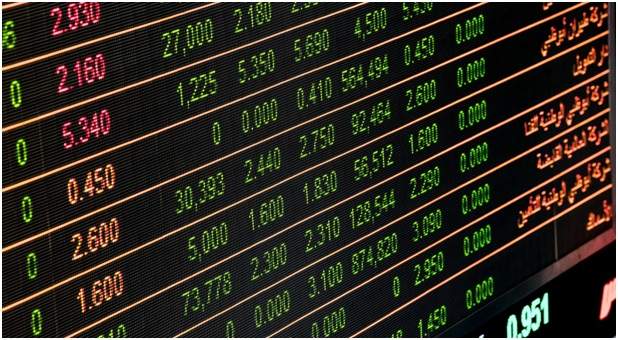
What is the exchange rate? It is the value of a country’s currency in relation to another country. The exchange rate is one of the financial elements of a country that is analyzed 24/7. It significantly determines the economic health of a country. The exchange rates keep on fluctuating from time and again depending on the changing market forces hence the need to have a deeper understanding of what exchange rates are all about.
Not only does the currency exchange rate affect the trading portfolio of a country, but it also affects the investors approach towards a given state. Below are six factors that significantly affect the exchange rates of a country;
- Inflation
Inflation refers to the increase or decrease in the purchasing power of money. A higher inflation rate means that there is depreciation in the value of cash whereas low inflation rate implies that the value of money subsequently increases. The inflation rates of a given country directly affect the interest rates.
- Interest Rates
The amount of money charged by banks to lend money is what is known as interest rates. Low rates mean that more people can borrow some money and vice versa. Increase in the interest rate, therefore, means that there is a currency appreciation. This is an indication that the lenders can attract more foreign capital which results in increased exchange rates.
- Current Account Balance
A current account of a country shows the balance of trade between a country and its trading partners. A negative balance of trade deficit that a country spends more on importing goods as compared to their exports. Therefore, to make up for the gap in the current account, countries in such situations borrow capital from foreign sources. As a result, the currency records depreciation.
- Political Stability And Performance
The strength of the coin is greatly influenced by the political stability and economic performance of a country. A country with unrest is most likely not in a position to attract foreign investors hence a depreciation in their exchange rate. On the other hand, states that have less or non-political tension attract foreign investors hence an increase in the exchange rates.
- Terms Of Trade
The comparison between export prices and import prices is what is known as terms of trade. Currency appreciation will be depicted when the export prices increase at a higher rate as compared to the import rate; then the country records an increase in their terms of trade meaning that the value of their currency increases. However, when a country imports more than it exports, the opposite occurs whereby there will be low demand for the currency hence a decrease in the value of the money.
- Speculation
Investors are always on the lookout for an economy that is most likely to have its currency value rise. As a result, they will demand more of the country’s currency to make huge profits later on. Increase in the currency demand means that the exchange rates will also increase.